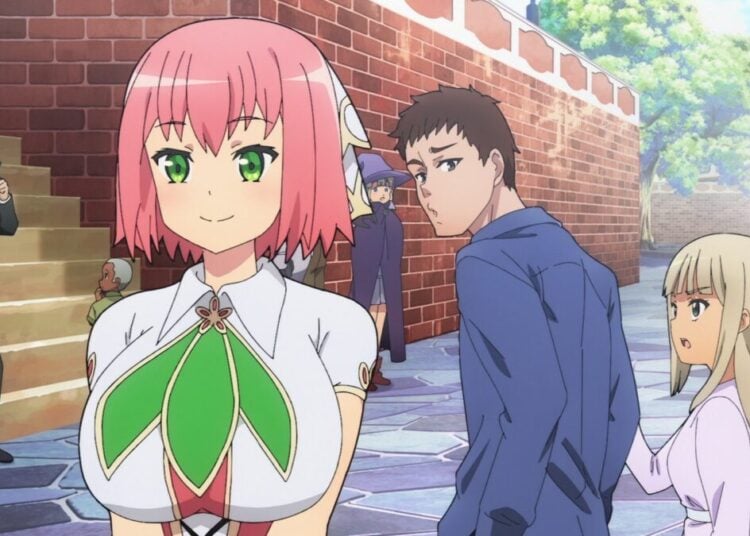“Even monkeys fall from trees.” This is one of the many bits of wisdom you can glean by studying Japanese kotowaza, or proverbs, which are so plentiful in Japan there are books to help you study them. This phrase is saru mo ki kara ochiru in Japanese, and it means that even experts make mistakes occasionally, and no one is perfect. Another one that comes up a lot is, “Sit on a rock for three years” (ishi no ue ni mo san-nen), which means you should stick to something for a certain time (three years) before knowing whether you like it or not, which can be good advice for young people who change their minds too easily. Or, “If you fall down seven times, get up an eighth” (nana korobi, ya-oki), meaning that you should never give up trying to attain your goals — always come back swinging. One of my favorites, juu-nin toh-iro, which literally means “ten people, ten colors,” or people are all different, so don’t look at me funny for wearing this domo-kun hat, alright? Although these proverbs can be difficult to learn since they often use old or archaic grammar, pulling one out at the right moment can bring a look of astonishment to the face of a Japanese person that’s pure gold for a gaijin. Most kotowaza were originally adapted from Chinese versions, but sometimes they’re added from other sources, for example snippets of wisdom from the Bible or Shakespeare. There here are local versions of all the most famous English proverbs, too (“a bird in the hand” and so on).
How Otaku Culture Went From Stigma to Global Phenomenon
If you're under 25, this might sound insane, but there was a time when anime and manga fans felt the...















